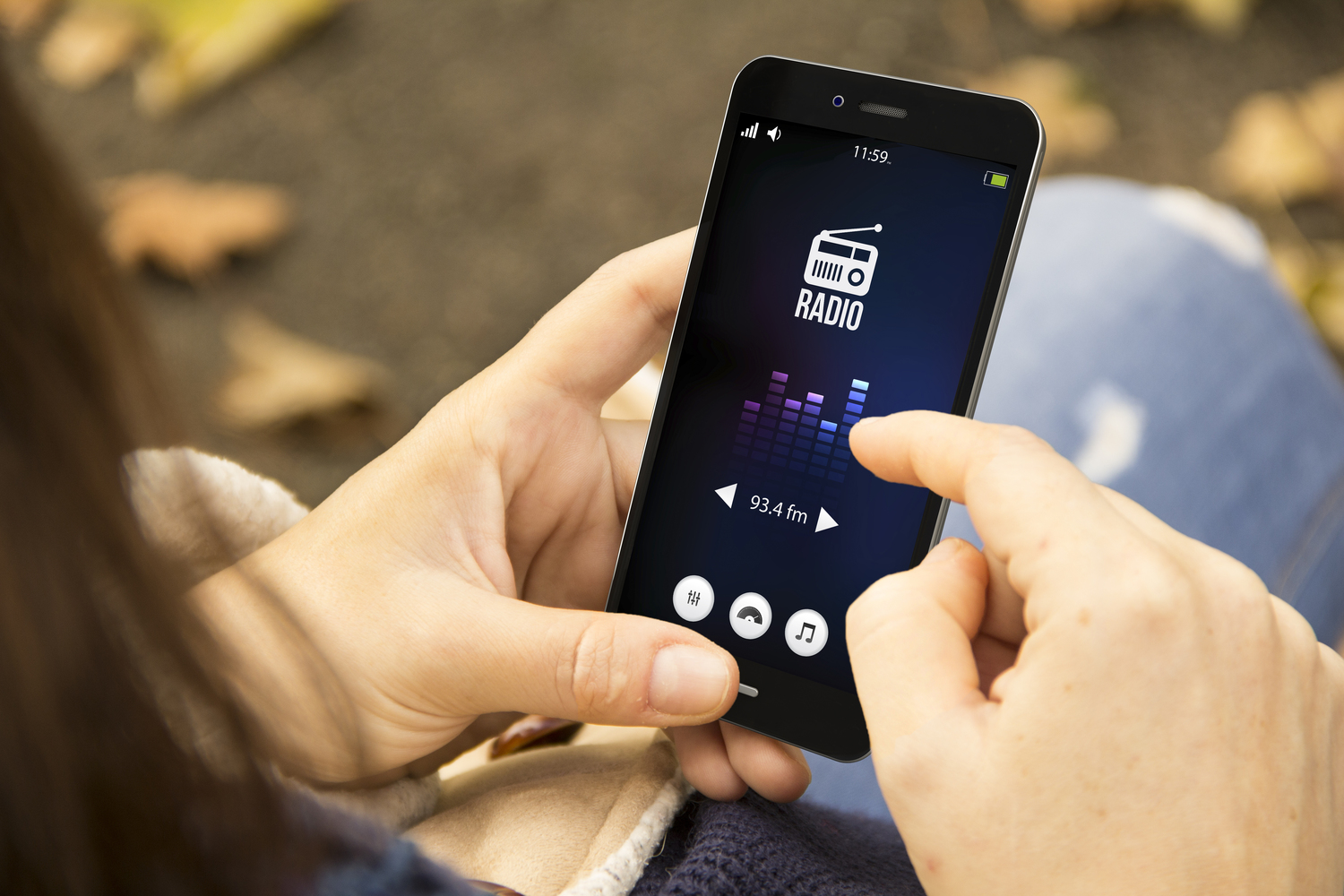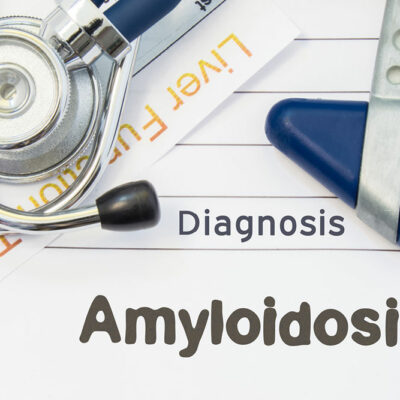
Managing Healthcare with the Help of Smartphones
With smartphones becoming an integral part of life for most, the extent and scope of their benefits are still being explored and understood. Nobody denies that smartphone addiction is a disorder that plagues modern society, but the healthy benefits of smartphones far outweigh their harmful effects.
Used correctly, smartphones are an excellent tool to enhance the quality of life and health. They have opened up new and more efficient channels of communication between healthcare professionals, support service providers, and beneficiaries.
Though many healthcare professionals are wary of using smartphones in their daily practice, it’s important for them to not be resistant to change. They may also be worried about security and privacy concerns, but these can be addressed with the right advice and assistance from technology experts.
1. How smartphones are used in healthcare
Statistics show that annually, nearly 98,000 patients in the country die due to medical errors caused by miscommunication, poor coordination of care, lack of multidisciplinary collaboration, inefficient transition across hospitals, follow-up after discharge, and other patient safety issues.
Earlier, pagers were used extensively. But there are many more healthy benefits of smartphones as compared to this technology:
- Smartphones convey the urgency of a situation
- They support synchronous, real-time communication
- They help in documentation
- As smartphones are used by nearly 81% of the population, they are efficient for communication.
- They have great market acceptance and familiar interface across age, gender, and socio-economic barriers.
- Smartphones are an efficient interface to transfer clinical communication.
- They support team communication
- And help in education and information dispersal
- Patients and healthcare professionals don’t need special training in using smartphones
- They help streamline patient care.
2. Improving the quality and quantity of healthcare
Studies conducted in ER departments show that smartphone technology reduces waiting times in emergencies. Lab reports can be received faster on the doctor’s phone as compared to the hospital’s conventional electronic systems.
Lab results help doctors to decide whether the patient has to be admitted to the hospital or can be given outpatient treatment. Electronic health records and nurse call systems can be significantly streamlined by the use of smartphones.
Apps can be used to monitor senior mobility and care. Patients report that one of the most frustrating aspects of being hospitalized is nursing staff failing to respond to call buttons. Personalized and customized solutions can be provided to patients to help overcome this issue.
Smartphone use also helps integrate technology into the healthcare system, making it more suitable for senior care. Today, there are purpose-built devices manufactured especially for the healthcare sector that enhance patient-staff communications. These devices are not just smart, they’re also tough. They can be used in wet environments, you can get blood or other human fluids on them, drop them, etc. without worrying about damaging these devices.
Mobile Health Technology or mHealth is the new buzzword in healthcare today, and it is driven and supported by mobile devices like smartphones. Hence, there are many healthy benefits of smartphones.
Patients can use smartphone technology to track their own health records and data, access clinical information and records, communicate with their healthcare service providers, and ensure that they receive the information and care they need.
Your smartphone can be quite beneficial when it comes to keeping track of your health as well as maintaining a daily routine.


